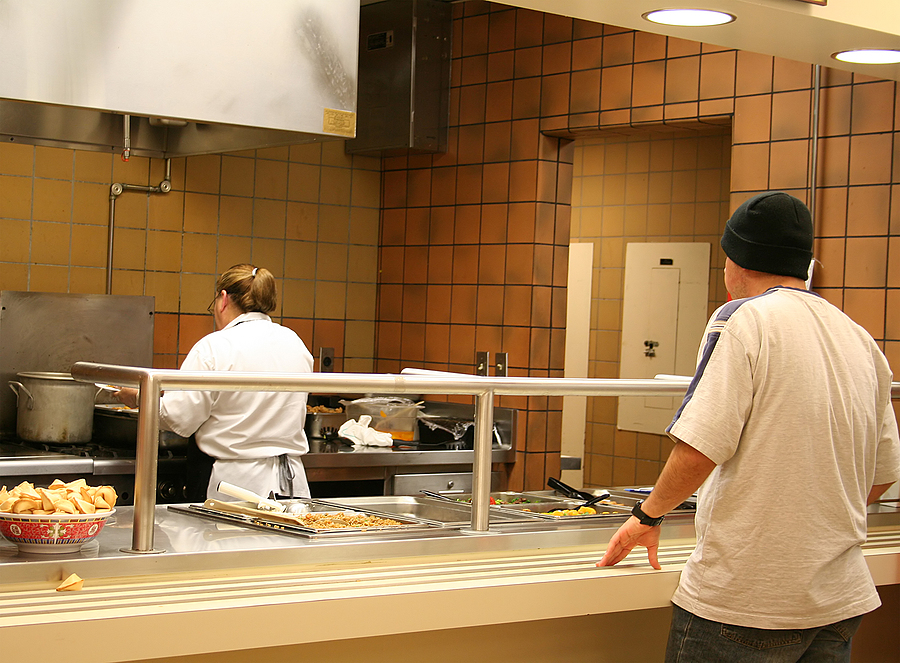It’s estimated that schools in the U.S. serve lunches to more than 28 million students per day. When we also take into account breakfast meals, after-school and summer meal programs, school meal programs are a major consumer of cooking oils. There’s incredible potential here for schools to utilize used cooking oil disposal to create a more sustainable world for the future and the children they serve.
The Importance of Proper Cooking Oil Disposals for Schools
Many states have laws in place that regulate the disposal of cooking oil for commercial kitchens, as well as private residences. For schools, properly disposing of cooking oil isn’t just about meeting a standard of cleanliness in the food preparation area. It’s also about committing to responsible oil disposal for other important reasons.
When poured down drains, used cooking oils can create blockages in plumbing systems. With proper oil disposal, schools help prevent costly repairs from clogged drains and pipes. They’re able to reduce their overall waste and contribute to environmental preservation.
When schools partner to keep cooking oils out of landfills and waterways, they become partners in promoting eco-friendly practices, while also setting an example for students on the importance of sustainability.
How Cooking Oil Collected From Schools Is Used
The proper disposal and recycling of used cooking oil from school cafeterias and kitchens is an important process that contributes to reduced waste and the creation of valuable new products. When meals are prepared in school kitchens, the used cooking oil is collected, rather than immediately discarded. Companies like Northwest Biofuel work with schools to remove used cooking oil and turn it into usable products.
Here are a few examples of how cooking oil collected from schools can be used.
Biodiesel Production
One of the most impactful outcomes of properly disposing of and recycling cooking oil is its conversion into biodiesel. Used cooking oil is refined into fuel that can then be used to power vehicles and machinery. Biodiesel is a sustainable alternative to petroleum-based fuels and has a more positive environmental impact.
When schools participate in cooking oil recycling programs, they are directly contributing to fewer carbon emissions and cleaner air quality, while supporting a more environmentally-friendly choice.
Environmental Impact
Schools can make a big impact on sustainability, now and in the future, by properly disposing of used cooking oil. The environmental impact of this is huge. Proper disposal and recycling, keeps used cooking out of our natural water systems and prevents harm to wildlife.
In addition to the financial benefits of preventing costly repairs, proper disposal also reduces the potential environmental impact of the waste associated with those repairs.
Protecting local ecosystems, and reducing carbon footprints are important goals in sustaining our environment, both now and in the future.
Educational Opportunities for Students
Schools have the unique opportunity to turn cooking oil disposal into an impactful learning experience. Sustainability has become an important topic in today’s educational landscape.
Leading by example is important, both for encouraging students to take personal initiative to engage in sustainable practices, and also for following environmentally-focused laws and regulations.
For programs of this type to be successful at raising broader awareness, staff, students, and parents should be involved. This might include organizing presentations, information sessions, or workshops on the importance of proper cooking oil disposal.
Schools can even consider incorporating their sustainable cooking oil disposal practices into the curriculum. Cooking oil recycling can be applied to various subjects, including environmental studies, science, and geography.
How Schools Can Implement a Used Cooking Oil Recycling Program
Partnering with a Cooking Oil Collection and Recycling Company
The first important step to putting a cooking oil recycling program in place is connecting with a company that handles the removal and recycling for the school. At Northwest Biofuel, we partner with schools for used cooking oil removal. Companies like ours can supply collection containers and schedule regular pickups. Schools can research local companies to find the ones that offer the best services in their area.
Building Awareness
While used cooking oil disposal and recycling happen behind the scenes in school food preparation areas. It’s still important to raise awareness about the process and the benefits. The simple step of making information about a school’s proper cooking oil disposal program available can be enough to inspire some students, families, and faculty to make more sustainable choices in their own lives.
Engaging the Community
Schools can consider sponsoring used cooking oil collection challenges within their communities. Schools can set goals and provide local households with information about how to properly dispose of cooking oil, and who to contact for recycling.
Measuring and Reporting Results
Schools are examples, not just for their students, but for their broader communities. Schools can encourage more sustainable practices by practicing transparency in measuring and reporting the amount of cooking oil collected and recycled. Data like this is useful in highlighting the impact of cooking oil disposal services.
Northwest Biofuel Partners with Schools for Cooking Oil Disposal
Northwest Biofuel takes our commitment to sustainability and a cleaner environment seriously. We provide used cooking oil collection to businesses and schools throughout Oregon and Washington. We’re happy to answer your questions about our oil collection process, as well as grease trap cleaning and bundled services. Allow us to help by contacting Northwest Biofuel today.



